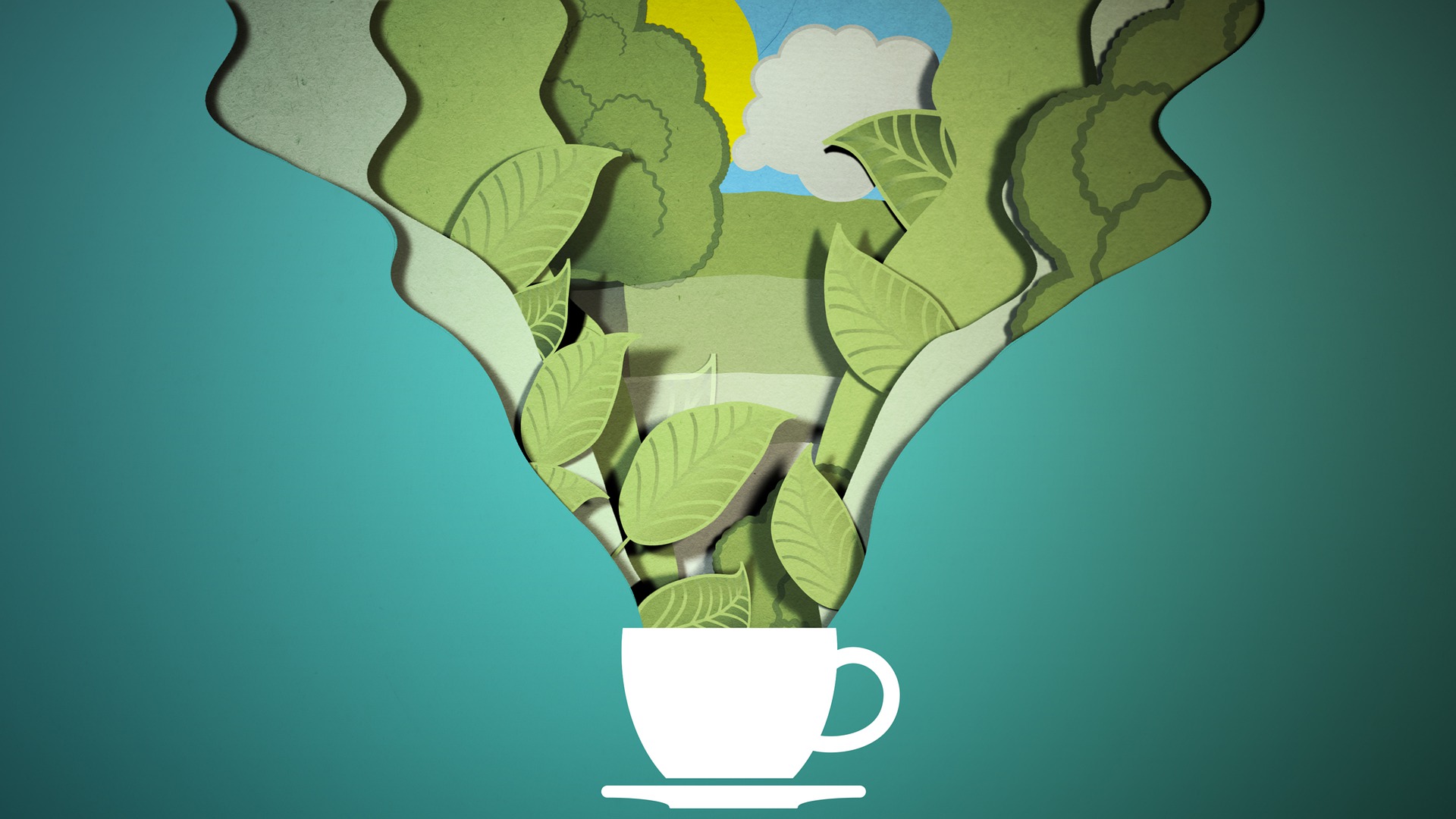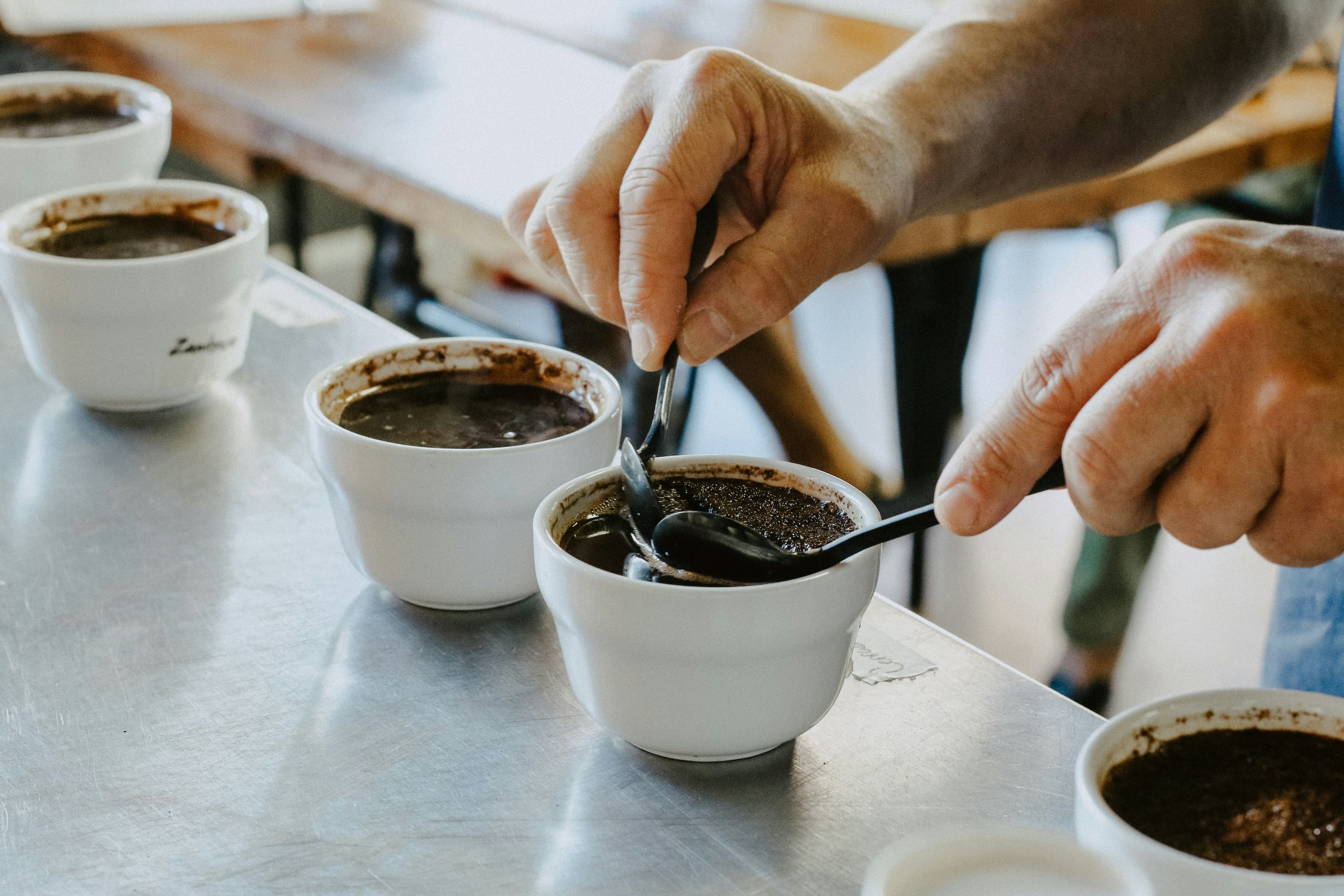
3 Surprising Findings From Our Q2 Benchmarking Report
Each quarter in our benchmarking report, we analyze a broad sample of single origin coffees from hundreds of small roasters …

Because the “coffee belt” is a band around the globe centered around the equator, most of those coffee-growing lands are not exactly around the corner for US-bound coffee drinkers. We aren’t able to see or inspect them ourselves. The organic certification becomes an important and trusted guidepost for many individuals in selecting which coffees they consume.
Coffee growers and roasters rightfully focus on organic beans, because in a perfect world, that certification connotes a high standard of non-chemical and environmentally-friendly cultivation processes.
And yet, as we will explain here, the organic certification process has it holes, such that it doesn’t always certify what we think it is certifying. For their part, coffee growers, importers, and roasters are forced to operate within this construct, and they do the best they can.
The personal finance company NerdWallet investigated this topic extensively in 2017, performing a deep dive into the weaknesses of the organic program and driving home how these weaknesses can affect everyone who buys organic goods (including coffee roasters). We will hit on several of the themes they uncovered, so we want to give proper credit to NerdWallet for their examination.
First, a little background. The US Department of Agriculture (USDA) is the agency with overall responsibility for organic certifications. Within the USDA, there is a division called the Agricultural Marketing Service (AMS), which is tasked with administering various programs that create marketing opportunities for US-based food producers. The AMS, in turn, runs the National Organic Program (NOP), which is a federal-level program that outlines uniform national standards for organically-produced agricultural products marketed and sold in the US.
However, the NOP operates as a public-private partnership, in which private enterprises partner with the USDA/AMS/NOP to administer parts of the NOP and organic certifying process. Specifically, the NOP grants certifying powers to private companies who then in turn certify farms and growers as organic. The NOP does not perform this function itself. There are only a limited number of third-party certifiers in the US, and they are located throughout the country.
At this point, we hit a couple potential red flags. First, when a farm wants to be certified organic, they can apply to ANY of the private certifiers. A certifier is not assigned to them in a blind process. Farms can choose a certifier based on price, location, mutual business connections, mutual financial interests, or other factors that muddy up a neutral and objective certifying process. Furthermore, because any farm can select any certifier, a certifier will want to appear attractive to that farm as their certifying partner. A farm will view a certifier as attractive if the certifier has a track record of granting certifications. Because why would a farm seeking the organic seal approach a certifier who has a history of denying organic applications?
Second, the farmer pays the certification fees to the certifier directly, instead of the USDA paying the certifier. Because the certifiers are private companies, they are presumably profit-maximizing businesses, who want nothing more than to collect these certification fees. And so another point of weakness emerges in this process, wherein the certifiers are financially incentivized to bestow as many organic certifications as possible.
Third, what happens when a private certifier ignores the rules and, for example, certifies something as organic that’s not actually organic? According to the NOP’s Accreditation Policies and Procedures, not much. A suspension or accreditation revocation notice will be sent to the certifier, who can then appeal. In fact, even after an accreditation suspension or revocation, it seems that it’s up to that certifier to cease operations and transfer its clients to other certifiers. This questionable practice is verified by NerdWallet’s investigation, in which they report that at the time of their reporting the NOP had one compliance officer, tasked with investigating certification irregularities, for every $9 billion in organic food sales. Just one person to evaluate and stress test detailed processes for $9 billion worth of goods.
Back to coffee – we wholeheartedly agree with roasters sourcing organic beans and farmers pursuing organic certifications. Roasters and farmers can only work within the framework they’re given. And it makes little sense to incur the cost of growing produce otherwise organically and then not apply for and earn the premium that the organic label can still command.
But here is where traceability becomes important and can make an organic certification more legitimate. Because of the holes in the NOP, and the fact that certifiers don’t inspect every square inch of a farm for organic standards, a non-traceable coffee could very well be grown in a corner of the organic-certified farm that is in fact not organic. The end consumer would have no way of knowing except to test the beans. But an organic-certified coffee that’s also traceable creates fewer opportunities for a farmer to take advantage of an already weak system. With traceability, especially when coffee is at the micro-lot level, there is basically a set of directions back to the specific patch of land where the coffee came from, contributing to the visibility of the supply chain as well as accountability of the farmer.
To sum up, when we see an “organic” label, we each have a certain expectation about what that means. And yet, even a casual inspection of USDA documentation reveals weaknesses that call into question the efficacy of the certifying program. While we hope the vast majority of organic goods are in fact properly certified, farmers and roasters must continue to work within the system they are given while consumers, for their part, continue to show strong demand for the organic label. The USDA and NOP however must tighten up the system and remove the harmful incentives that exist. Those who grow, sell, buy, and consume organic goods based on the NOP’s system must be able to do so with confidence.
We chose to list the organic standard as one measure of sustainable practices on our site because the label still means something. However, like any other individual metric, it must be viewed in combination with all other initiatives that roasters and farmers are pursuing.

Each quarter in our benchmarking report, we analyze a broad sample of single origin coffees from hundreds of small roasters …

You read tasting notes because they promise an experience. Yet the language on coffee bags often feels repetitive …

You might see organic or fair trade certifications as you look for your next coffee, but bird-friendly brews will be harder to find …